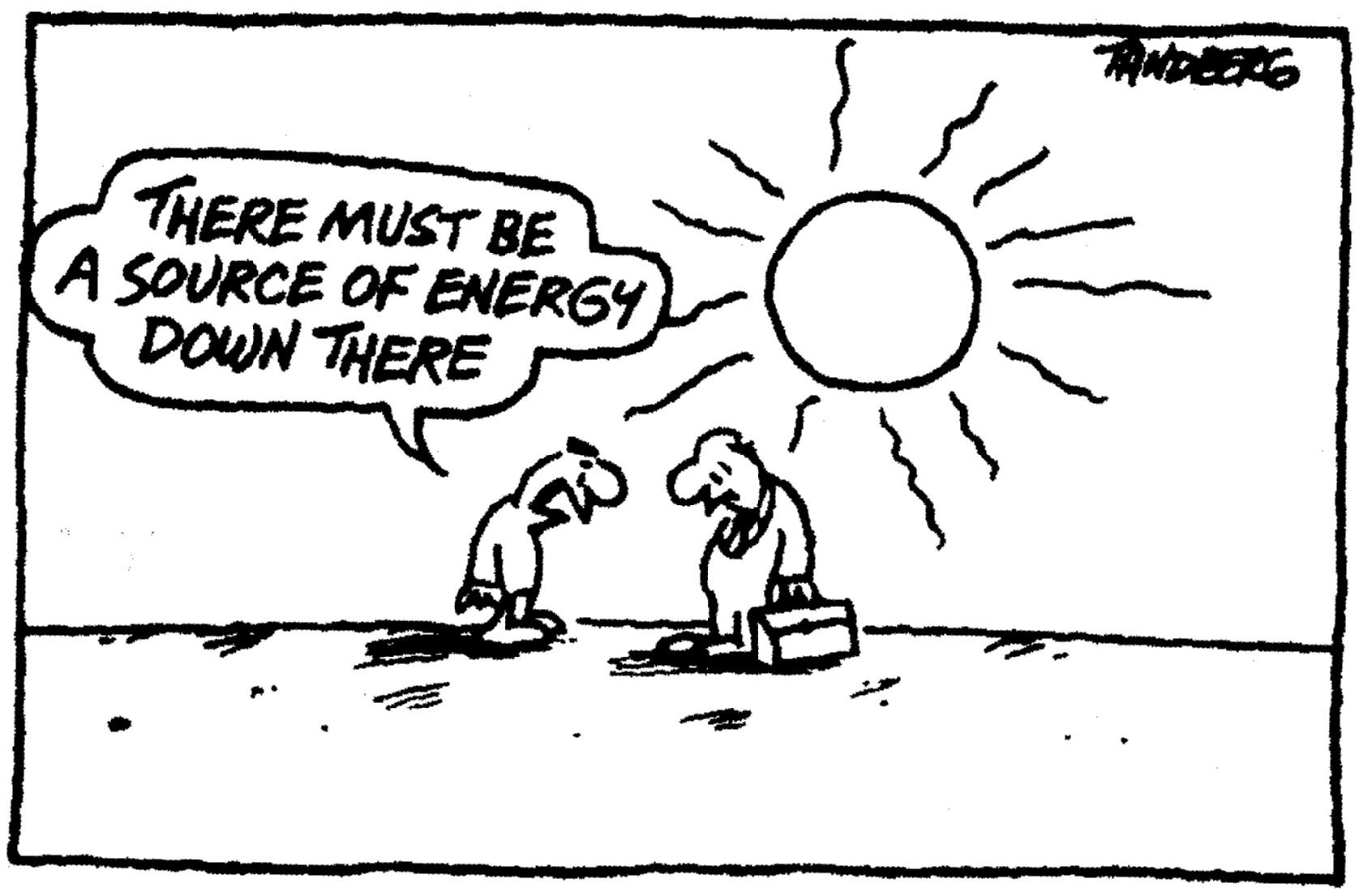HEFN Program Manager Ramtin Arablouei authored this blog post.
I will not mince words. Climate change can be quite a depressing issue. It is easy to get down after hearing the latest news, as I did at the recent Climate and Energy Funders Group Meeting and Coal and Oil Funders Forum in San Francisco. They were phenomenal meetings that provided participants with a survey of all the great work happening to reduce the impacts of climate change and move to a clean energy future.
However, presenters also reminded the audience that, despite incredible progress, the Earth’s climate is still rapidly changing and there is very little political will in the United States to do something about it. After all, we are a nation dependent on the fossil fuel energy industry for our economic and technological growth. An industry that does not calculate into its ledgers the costs it exacts on society through the pollution of the environment and human health. Whether it is coal, oil, or gas, this well-coordinated industry communicates and strategically maneuvers past challenges. The keyword here is coordinated. Fossil fuel companies have a singular focus on their shared bottom line: profits.
As I sat in the meeting, I began to wonder: what is the bottom line for grantmakers concerned about climate change?
I believe that all of the grantmakers that attended these meetings have the same ultimate goal: a clean energy future where the health of the environment and people are protected. My certainty comes from the successes we’ve seen in the field from organizations that many funders support. Organizations focused on coal have managed to reduce demand and close down dozens of power plants. A powerful grassroots movement against fracking has developed in the face of a massive rush by industry to extract shale gas and oil. Strategic campaigns have turned oil into a dirty word. From blocking pipelines to strengthening regulations on mercury, advocates are taking on different dirty energy sources and winning. Across the country and world, from grassroots to grasstops, these organizations are working towards the same bottom line.
But the question remains: are these individual victories enough to achieve the bottom line?
I don’t think so. In order to win the battle for a future with a healthy planet and people, a broad and holistic approach is necessary. We need a bigger conversation. Just like the energy industry, funders and organizations need a space to share resources, coordinate messaging, and align strategies across dirty energy sources and clean alternatives. It is time to organize around the bottom line.
During the discussion portion of one panel I heard a quote from a speaker that has stuck with me, “Industry decided long ago to coordinate their efforts in order to achieve their bottom line: profits. We must also coordinate our efforts to achieve our bottom line: clean environments and healthy people. If not now, then when?” Are you interested in joining a conversation about coordinating efforts across energy sources?

